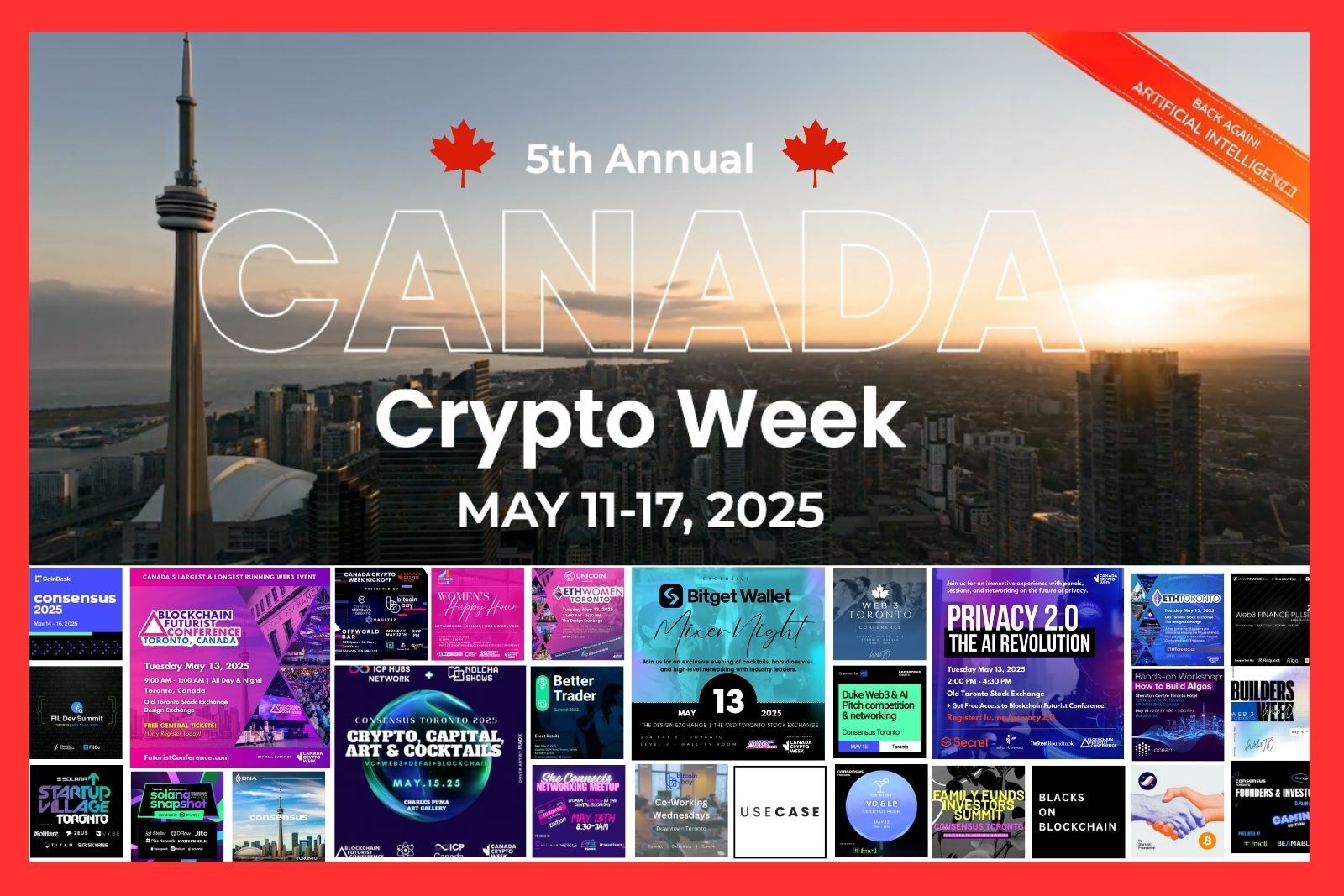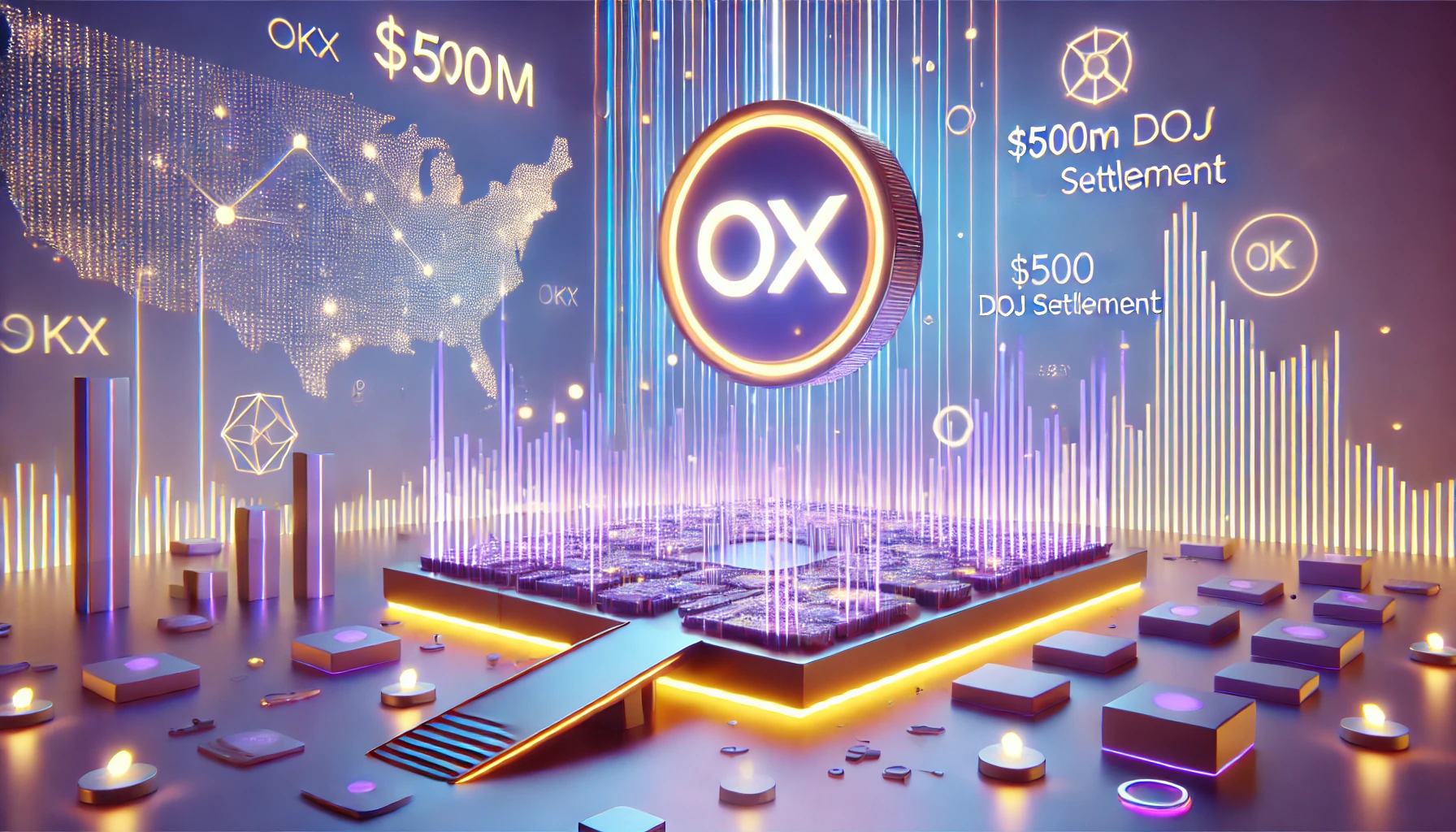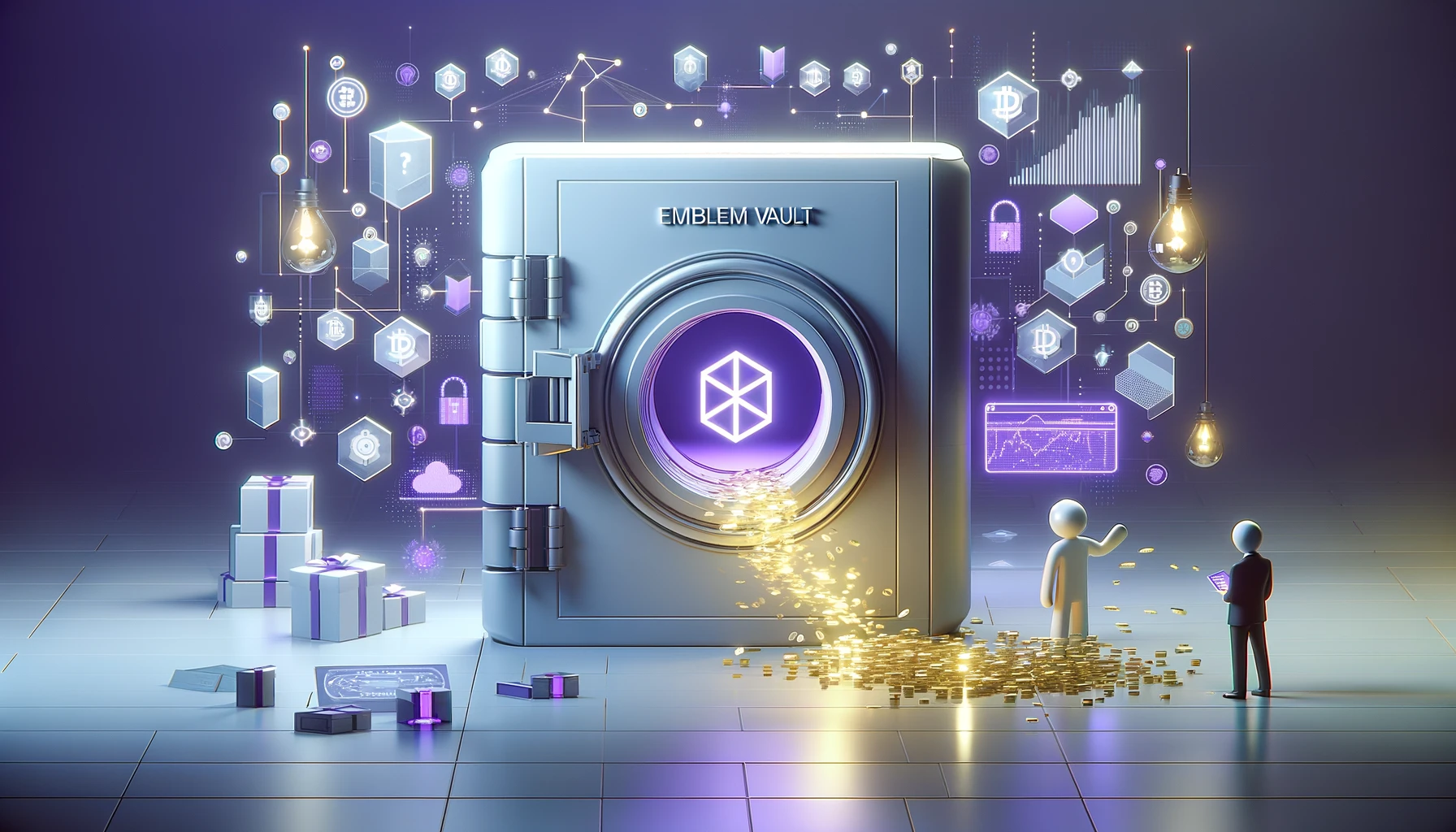Stanley Wu is the Co-founder and CTO of Ankr, a leading web3 infrastructure platform. Before entering the blockchain world, Stanley was one of the leading engineers at Amazon Web Services. He brought over a decade of cloud computing experience from designing systems for the early stages of AWS and projects like Alexa. In 2017, Stanley co-founded Ankr and began work on building what would become the foundation for the Web3 and crypto economies.
Coinaute : Can you describe Ankr and its mission in the Web3 ecosystem?
Stanley : Ankr is a critical infrastructure provider in the Web3 ecosystem. Our node infrastructure runs on over 55 blockchains as the foundation for the operation of the decentralized web. The global network of nodes we’ve built allows us to provide API connections that link decentralized applications of all types to different networks – allowing communication between chains and dApps to enable smart contract execution for end-users as they execute tasks like crypto transactions, load their wallet balances, view asset ownership info, and much more. In short, Ankr makes Web3 work behind the scenes as we power a massive share of all Web3 traffic with trillions of transactions served yearly.
Our mission has always been to lower the technical barrier to entry for developers, enhancing the overall development experience and accelerating the growth of the Web3 ecosystem. This applies to every product we release.
Coinaute : How does Ankr’s infrastructure support the development and deployment of Web3 applications, and what sets it apart from other providers ?
Stanley : Ankr’s node infrastructure provides the gateway that dApps, wallets, and Web3 projects of all kinds need to communicate with blockchains and execute transactions. You can’t build Web3 apps without a connection to the information found on blockchain nodes, so Ankr has enabled those connections on dozens of networks.
What makes our infrastructure different from others is that we run blockchain nodes globally in data centers around the world. Additionally we have essentially created a DePIN (Decentralized Physical Infrastructure Network) with other independent providers opting in to serve traffic. This means our RPC service is fundamentally more decentralized, a much better fit for Web3.
Coinaute : With your experience in DeFi modeling, what do you see as the biggest challenges and opportunities in the DeFi space today?
Stanley : One of the biggest challenges and opportunities is integrating bitcoin into the broader DeFi ecosystem. We are fully supporting projects like Babylon that will soon make it possible to unlock the $1T market cap of BTC to secure Web3 projects or provide liquidity in DeFi protocols. Ankr recently announced our upcoming BTC liquid staking product that will support the Babylon protocol by creating bitcoin LSTs (liquid staking tokens) that can be “restaked” to secure new Proof-of-Stake blockchains. This is a big upgrade that will allow Web3 to scale more quickly as protocols and L2s will no longer need to bootstrap their own staked capital.
Coinaute : Can you tell us more about Neura, the blockchain for AI?
Stanley : Neura is designed to address the core challenges faced by AI developers in bringing their innovations to market. By providing a strong foundation for AI startups, Neura offers decentralized access to powerful computing resources (GPUs), new funding options through cryptocurrency, and the ability to operate AI models directly on the blockchain. This unique combination of cloud computing, AI components, and Web3 technologies empowers AI companies to deploy, train, and manage their models with unprecedented efficiency and transparency.
Coinaute : What are the perspectives of AI in the blockchain industry? Can you give us some use cases?
Stanley : The use cases of AI remain unchanged as an accelerator for all pursuits – creativity, business automation, faster programming. However, blockchain builds an attractive alternative for AI infrastructure. It allows AI startups to essentially crowdfund themselves and gain easier access to computing resources like GPU. In the case of Neura, the blockchain could be a game changer for creating open-source AI models with ownership and revenue split between thousands or millions of investors – a more user-owned AI experience.
Coinaute : What are your evolution perspectives for Ankr?
Stanley : Ankr has always been at the forefront of innovation in Web3 infrastructure, and we want to keep pushing the limits of what is possible in the space. Blockchain is increasingly becoming intertwined in the world of traditional finance with things like tokenization, as well as the world of AI. These are both areas we are pursuing heavily with with our newest Asphere company dedicated to offering enterprise-level solutions for companies entering the blockchain space.
Coinaute : What advice would you give to aspiring entrepreneurs and developers who are looking to make an impact in the Web3 and blockchain industry ?
Stanley : I would tell them to build applications that really begin to fulfill some of the potential of blockchain technology. We have every piece of infrastructure and scalability that we need to build performant dApps. It is now up to developers to create Web3 apps that solve problems in an invisible way – no one should have to care about the blockchain technology behind it, it should just work.














